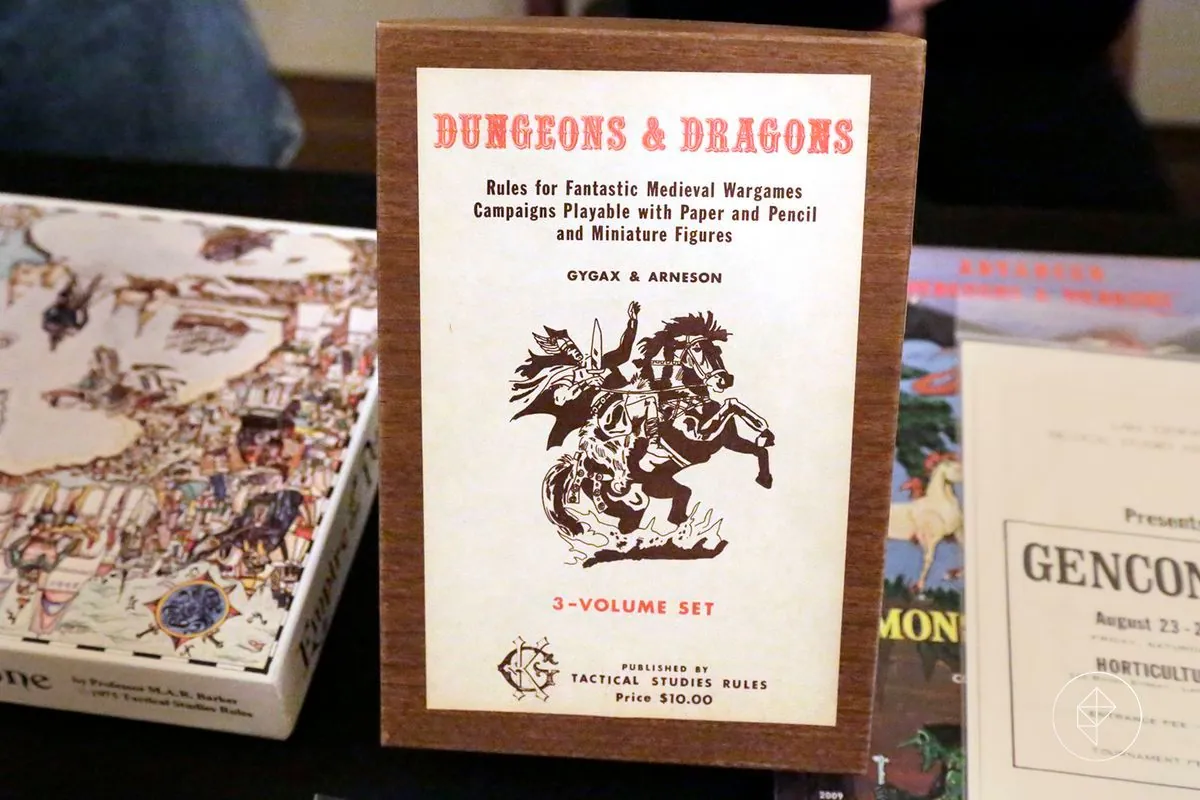In 1966, Gary Gygax, an insurance underwriter from Lake Geneva, Wisconsin, placed a notice seeking gaming opponents in a war gaming magazine. This seemingly simple act would eventually lead to the creation of Dungeons & Dragons (D&D), a game that has profoundly influenced modern culture.
D&D, first published in 1974, was the result of collaborative efforts, primarily between Gygax and Dave Arneson, a history graduate from the University of Minnesota. The game's development drew from various precursor games and concepts:
- Tractics: Introduced polyhedral dice
- Braunstein: Allowed role-playing as non-military characters
- Blackmoor: Arneson's fantasy-themed "medieval Braunstein"
The evolution of D&D continued after its initial release, with gamers across the country contributing ideas. For instance, the "thief" class was suggested by a Californian player. This collaborative spirit extended to the very term "role-playing game," coined by TSR (Gygax's company) to differentiate D&D from other games.
Jon Peterson's book "Playing at the World, 2E: Volume I: The Invention of Dungeons & Dragons" offers a meticulous history of the game's development. Peterson's research delves into primary sources, including letters, memos, and fanzines, to paint a comprehensive picture of D&D's origins.
"The 1974 edition was confusing and limited, and even as TSR started putting out additional material, gamers around the country improvised their own, much as Gygax and Arneson had fiddled with other products to make their game."
Another recent publication, "The Making of Original Dungeons & Dragons: 1970-1977," provides a visual history of the game. Led by Jason Tondro, a former professor of premodern English literature, this book includes facsimiles of early D&D-related texts and Gygax's medieval war game, Chainmail.
D&D's influence extends far beyond gaming. Its concepts, such as experience points and leveling up, have permeated various aspects of modern life, from corporate culture to education and fitness apps. As the game celebrates its 50th anniversary in 2024, its impact on shaping how we play, learn, and interact remains significant.
The game's recent resurgence, aided by online streaming and virtual platforms, demonstrates its enduring appeal. Whether D&D continues to thrive or eventually fades, its legacy in shaping modern culture is undeniable.
Understanding the collaborative origins and evolution of D&D provides valuable insights into how ideas spread and transform society. From its humble beginnings in the Midwest to its global influence today, Dungeons & Dragons stands as a testament to the power of imagination and cooperative creativity.
